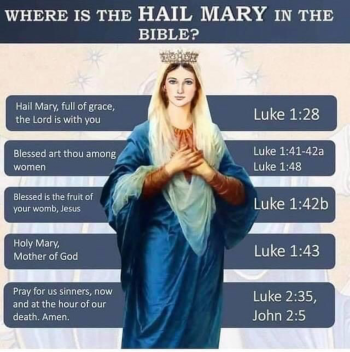Catholics assert her perpetual virginity for other reasons. For them it's not about the siblings. It's about the sex.
The perpetual Virginity of the Blessed Virgin Mary is about Who She conceived:
God Incarnate, and why She needed to be pure in body and spirit in order to conceive Him and be His Mother. Can it be admitted that She who was preordained to be the divine form for the Second Person to become flesh could accept the seed of a man in Her womb, which had been divinised by God taking form in it, and have a human son conceived in original sin through inheritance from Adam? How could the Immaculate have generated an impure son from Her womb? How could the eternal Virgin accept human intercourse after having known the embrace of God? She Who from eternity the Father, the Word, and the Holy Spirit thought of as "our dwelling" could only be of God. Only God Incarnate could be formed and born from the Most Holy Mary.
Jesus dictated the following to Maria Valtorta: "[...] She [Mary] in fact had Me through spiritual divine union, and let Me repeat it once again, She knew no other union, neither did She give birth to any other child: Inviolate Flesh, which even I did not rend, closed on the mystery of a tabernacle-womb, the throne of the Trinity and of the Incarnate Word". (
The Poem of the Man-God: Vol. I)
Rather, it states that at age 12 Mary was betrothed to Joseph by the high priest Zacharias. Had she been a consecrated virgin of the Temple by eternal vow, Zacharias could never have done that.
In brief, Joachim and Anne brought Mary to the Temple to live as a temple virgin because She wanted to, and they supported Her in that decision. When Mary came of age, the High Priest informed Her it was time to marry, because the Law prescribed that each man be given a woman of his own stock (Lev. 21:14). Mary relayed to him that She was already consecrated to God, and He instructed Her to pray to God for a spouse who would understand Her vow. Then, at the request of the High Priest, many men of the race of David gathered in the Temple, and out of them all He appointed Joseph of Jacob of Bethlehem, a Nazirite (Num. 6), someone accustomed to taking vows of dedication for God, as Mary's spouse. When Joseph and Mary met, each expressed their vows, and these are their words to eachother:
Joseph: "I am a Nazirite"
Mary: "Also I am all of the Lord, Joseph. I do not know whether the High Priest told you..."
Joseph: "He only told me that You are good and pure, that You wish to inform me of a vow, and that I must be good to you. Speak, Mary. Your Joseph wants You to be happy in all Your desires. I do not love You my with body. I love You with my soul, holy girl given to me by God! Please see in me a father and a brother, in addition to a husband. And open Your heart to me as to a father and rely on me as on a brother..."
Mary: "Since My childhood I have consecrated Myself to the Lord. I know this is not the custom in Israel. But I heard a voice requesting My virginity as a sacrifice of love for the coming of the Messiah. Israel has been waiting for Him for such a long time!... It is not too much to forgo the joy of being a mother for that!"
Joseph gazes at Her as if he wanted to read Her heart, then he takes Her tiny hands which are still holding the branch in blossom and he says: "I will join my sacrifice to Yours and we shall love the Eternal Father so much with our chastity that He will send His Saviour to the world earlier, and will allow us to see His Light shining in the world". (
The Poem of the Man-God: Vol. I, ch. 12, pp. 36-39)
Mary at this time didn't know She was the prophesied Virgin. She only knew that God's will for Her was to be a virgin. She and Joseph obeyed the law regarding marriage, but both had chosen to remain chaste for God, and there was no law prohibiting that. God chose Joseph to be the spouse of the prophesied Virgin, the Mother of God Incarnate, for a reason.



